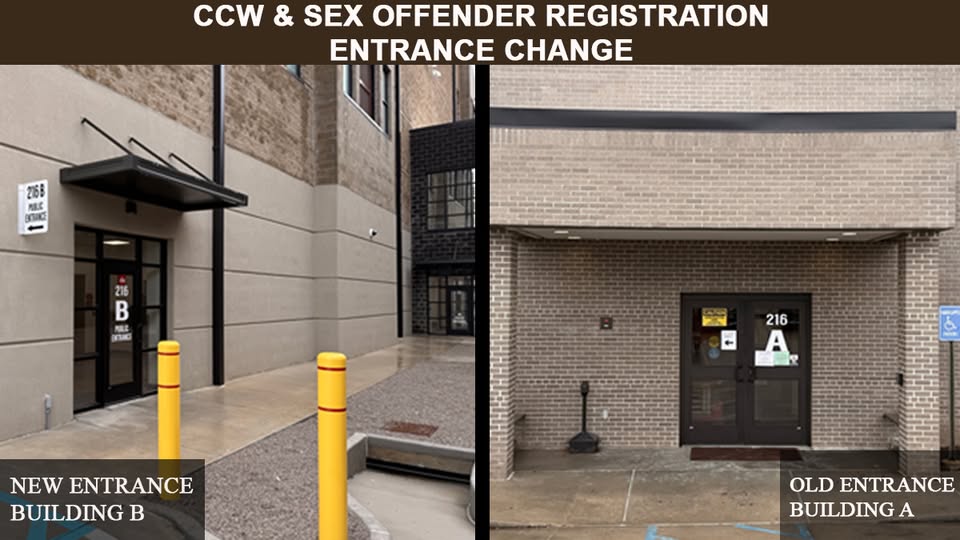IDPH data shows rise in respiratory illness in IL

CHICAGO, Ill. (KBSI) – The Illinois Department of Public Health (IDPH) announces that with holidays approaching data indicates respiratory viruses are affecting 44 counties with increased levels of COVID-19 hospitalizations as of the week ending November 25.
Hospitalization data indicates 39 counties are at medium level and five at high level. Statewide, there were 1,039 new hospitalizations reported, an increase of 20% over the previous week.
Data also shows broad acute respiratory hospitalizations are increasing across Illinois including COVID-19, flu and RSV, according to IDPH. Officials are also concerned about pediatric ICU (PICU) capacity which is limited in many areas.
State-Operated Developmental Centers (SODCs) are amplifying COVID-19 testing and infection-prevention policies due to 58 residents, out of approximately 1,650 total, and 35 staff, out of approximately 3,500 total, testing positive for COVID-19 since November 20. Staff provided positive residents with treatment and medication. Only one patient has been hospitalized and the rest were able to be stabilized, according to Illinois Department of Human Services (IDHS).
Communal dining, group activities, and non-essential outings are reduced in impacted areas. Staff continues to provide leisure activities, in accordance with social distancing, for the psychosocial well-being of those served at SODCs. Visitation is allowed, per U.S. Centers for Disease Control (CDC) guidelines, according to IDHS. However, families have been notified of the outbreak and advised rescheduling visitation.
IDPH is launching a new, weekly Infectious Respiratory Disease Surveillance Dashboard that will be updated weekly on Fridays after 3 p.m. The report provides access to the latest data on hospital visits, seasonal trends, lab test positivity and demographic data, according to IDPH. The site will be live on December 8 after 3 p.m.
“During this critical period with hospitalizations rising, I encourage all of our residents to use the tools available to keep yourself and your families healthy and protected,” said IDPH Director Dr. Sameer Vohra. “These tools include COVID-19 testing (especially if visiting someone at risk for severe disease); enhanced ventilation; good hand hygiene; staying home and seeking treatment if sick; masking in crowded places; AND getting the COVID-19, flu, and RSV vaccines for which you or your loved ones are eligible.”
IDPH encourages healthcare settings to consider masking in patient care areas as both RSV and COVID-19 are rising. The CDC recommends masking facility-wide, high risk areas, or patient populations during periods of higher levels of community COVID-19 or other respiratory virus transmission.
Data by county can be found on a new national respiratory virus dashboard for weekly updates on the levels of COVID-19, flu and RSV.
Additionally, every household in the U.S. is eligible to receive four free at-home tests through the COVID.gov website.
Those uninsured or under-insured can access the Bridge Access Program to COVID-19 vaccines this fall. The Vaccines for Children Program will cover vaccines for eligible children.
For treatment of COVID-19, no cost-share telehealth services are available through the SIU School of Medicine Covid Test to Treat services or call (217) 545-5100. Another option is the NIH Test to Treat line or call 1-800-682-2829.
More information on how to obtain masks, treatment, vaccines and testing resources for all areas of the country can be found at COVID.gov/.


